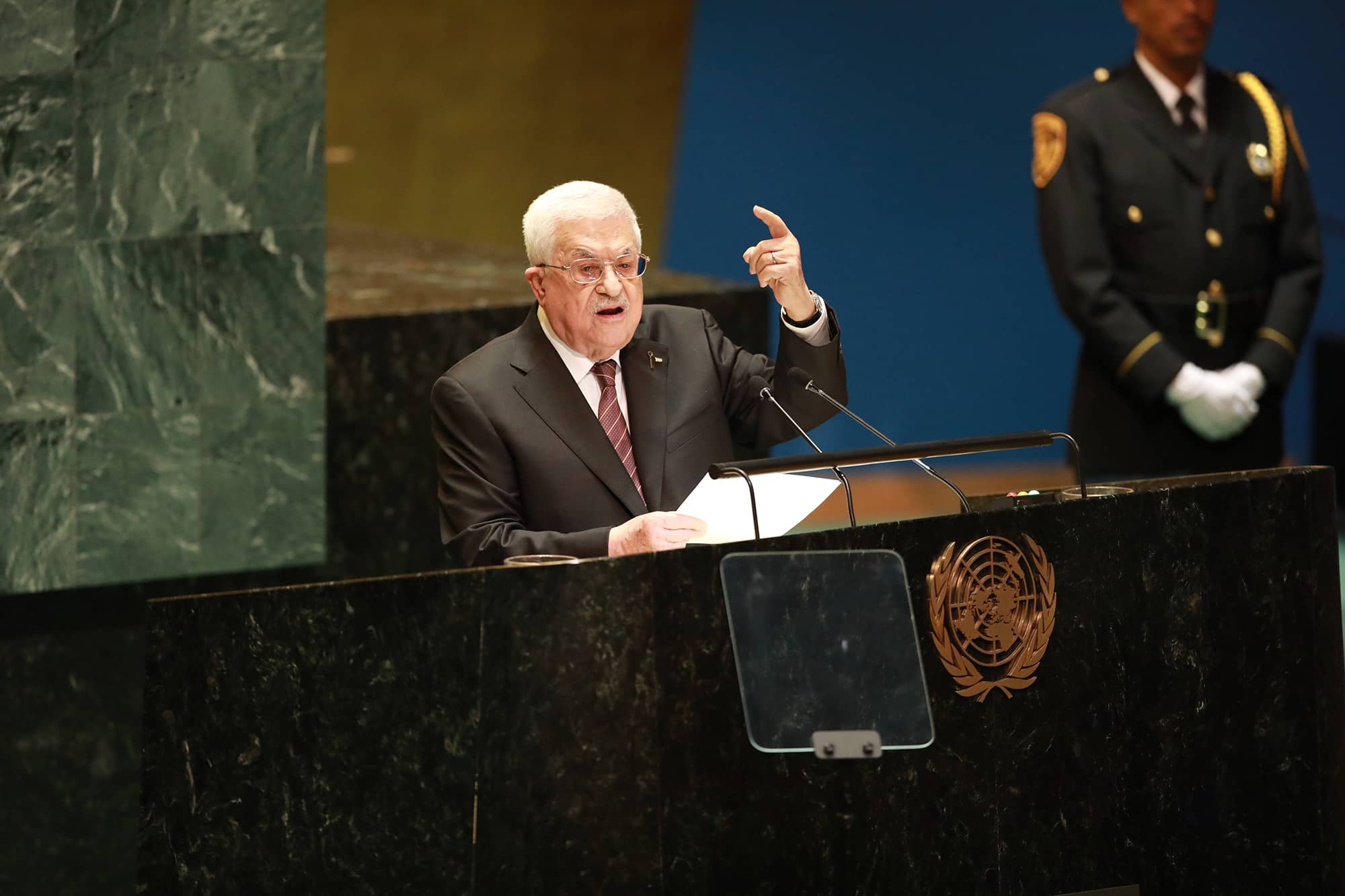For the past two decades, the Palestinians and their supporters have been engaged in an intensive public diplomacy campaign to sully Israel’s image in world public opinion. Public diplomacy is a communications tool employed by countries, organizations and individuals to influence the policies of foreign countries through public opinion. The Palestinian and Arab goal is to brand Israel as a Nazi apartheid state that commits crimes against humanity and genocide, occupies Palestinian territories and oppresses their inhabitants, and violates the laws of war. Hence, Israel has no right to exist as a Jewish state and must be eliminated.
Lawfare is one instrument of public diplomacy, and the Palestinians and their supporters make extensive use of it, especially in the two United Nations’ courts operating in The Hague – the International Criminal Court (ICC), which tries individuals, and the International Court of Justice (ICJ), which has the jurisdiction to prosecute states. Ironically, both were established after World War II to prevent phenomena such as the Holocaust. Lawfare is the use of law for political purposes, and therefore it abuses international law. The Palestinians filed baseless complaints against Israel in the ICC, Iran and Hamas stand behind South Africa’s complaint to the ICJ alleging that Israel is committing genocide in Gaza.
ICC prosecutor Karim Khan announced that he intends to issue arrest warrants against Prime Minister Benjamin Netanyahu and Minister of Defense Yoav Gallant for war crimes they allegedly committed in Gaza. Israel, like the United States and dozens of other countries, has not signed the Rome Convention that created the ICC, and therefore does not recognize its authority to adjudicate its affairs. The ICJ is still hearing South Africa’s complaint. The anti-Israeli activity in these two courts is baseless but has caused great damage to Israel’s international image. Unfortunately, Western countries take seriously the UN tribunals, which are as political and biased as the UN and its agencies. Some may impose sanctions against Israel, including an arms embargo.
The diplomatic front, the information battle, and the legal front are no less important than the military front. Under certain conditions, they undermine, minimize, or even nullify military achievements. The Israeli government has completely failed to wage the battle for hearts and minds of people and has left the non-military fronts to Iran, the Palestinians and their supporters. Effective public diplomacy does not settle for defense but launches a counterattack. This article proposes a strategic attack on Iran using the tools of lawfare.
South Africa’s case against Israel at the ICJ in which it alleges that Israel is committing genocide against the Palestinians in Gaza is based mostly on rhetoric by the prime minister, ministers, Members of Knesset and even singers. Pretoria claims this rhetoric proves “genocidal intent.” Statements attributed to Bejamin Netanyahu and Defense Minister Yoav Gallant on this matter were erroneous as they were mistranslated from Hebrew. But that is beside the point. If intentions constitute evidence, and the ICJ considers them seriously, Israel should long ago have filed a complaint against Iran, its declarations of intent and its plans and actions to destroy Israel.
Here is some recent evidence: Saeid Iravani, Iran’s ambassador to the United Nations threatened in late June that if Israel embarks on a “full-scale military aggression” in Lebanon against Hezbollah, “an obliterating war will ensue. All options, including the full involvement of all Resistance Fronts, are on the table.”
In 2017, Iran placed a digital clock in Tehran’s Palestine Square counting down the days to the destruction of Israel. The target date on the clock is January 1, 2040. The clock was place in the wake of a statement made in 2015 by Iran’s supreme spiritual leader, Ali Khamenei, who said: “There will be nothing left of Israel by 2040.” This is just one of countless declarations calling for Israel’s destruction by Iran’s leaders, presidents, ministers, parliamentarians, heads of the Revolutionary Guards, and senior military officers. They frequently state that “Israel must be wiped off the map.”
The intention to destroy Israel is not mere rhetoric. In addition to activating Hezbollah, the pro-Iranian militias in Syria and Iraq and the Houthis in Yemen, Iran directly attacked Israel on the night between April 13-14, 2024. The Iranian military fired some 110-130 ballistic missiles, about 185 drones and 36 cruise missiles at Israel. In recent months, it has also significantly accelerated its nuclear weapons program.
The war in Gaza and its global ramifications have, it seems, encouraged Iran to believe that its goal can be achieved in a shorter timeframe. Israeli deterrence has been severely damaged; Israel and the United States are at loggerheads over several aspects of the war in Gaza, huge demonstrations are taking place around the world against it, Western countries have recognized a Palestinian State, and cohesion in the country is once again unraveling. Iran’s threats of destruction, which many viewed as empty slogans, are now seen as much more serious.
Yisrael Beiteinu chair Avigdor Liberman claimed that Iran is “planning a Holocaust for us in the next two years.” He suggested that Tehran plans a large-scale missile attack from several fronts aiming at Israel’s annihilation. “We are in the midst of an Iranian extermination program.” Former Prime Minister Ehud Barak said this would happen within six months to a year, and Chair of the New Hope party Gideon Sa’ar, warned that Israel faces an existential threat of an Iranian-led extermination program.
On December 8, 1949, Iran signed the Convention on the Prevention and Punishment of the Crime of Genocide and ratified it on August 14, 1956. Therefore, a complaint can be filed against it at the ICJ. From the moment South Africa filed its ridiculous and unfounded complaint with the ICJ, Israel should have established a joint team of experts, specializing in Iran, international law and international organizations, and filed a well-founded complaint with the ICJ on Iran’s genocidal plans and actions against Israel.
Iran belittles international organizations, and the ICJ is politicized and biased. The purpose of an Israeli complaint against Iran at the ICJ would not be to influence it or the ICJ but to create an international atmosphere that will enable people around the world to better understand the threats Israeli is facing and the unavoidable measures it has to take in order to defend itself. A legal complaint against Iran’s plan to destroy Israel would be far more substantiated than the flimsy one filed against Israel. If the ICJ accepts the complaint, Israel will be able to mobilize international legitimacy for a preventive war against Iran and its proxies, including Lebanon, Syria, Iraq and Yemen. If the ICJ rejects it, the hypocrisy and double standards that the UN and its agencies apply against Israel will have been made clear for all to see.
JISS Policy Papers are published through the generosity of the Greg Rosshandler Family.
Photo: IMAGO / ZUMA Wire / Rouzbeh Fouladi















The World Will Not Help Us with Hamas: Only the IDF Can Finish the Job in Gaza